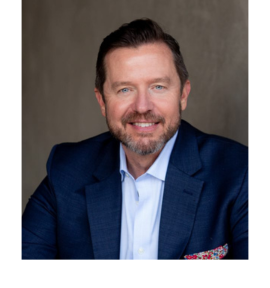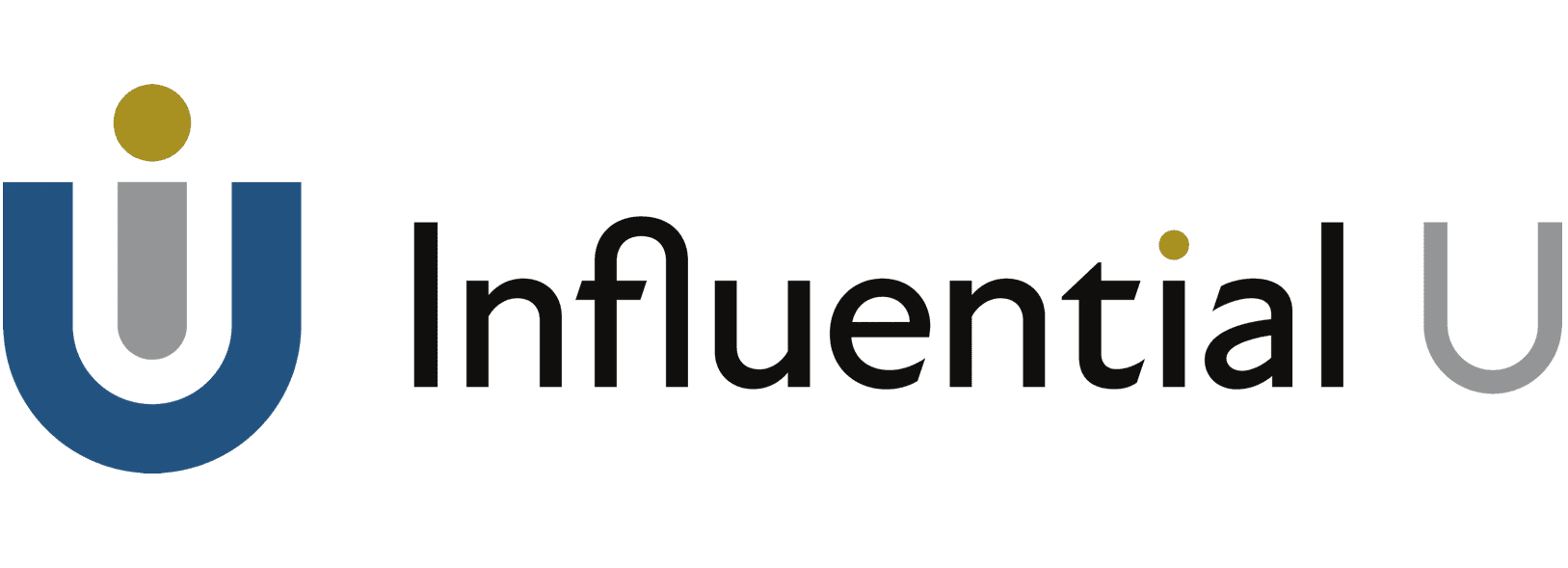In some cases, when we ask our students to "describe how you plan to fund your retirement," a growing number states, "I don't plan to stop working." But what if they don't have a choice? For those seeking jobs, the job market may be done with you long before you've funded your retirement.
According to a new report, those born between 1965 and 1980 may bear the brunt of the unemployment crisis as the pandemic adds to existing challenges for older workers. CNBC also reports ….
“Rapid digital adoption during the pandemic has accelerated the automation of jobs and worsened underlying ageism, making it harder for mid-career workers to secure roles, according to the report from Generation, a non-profit employment organization.
“In a global study entitled ‘Meeting the world’s midcareer challenge,’ the firm found that entry-level and intermediate workers between the age of 45 and 60 face increased barriers due to biases among hiring managers, as well as reluctance among workers to learn new skills.
Dr Mona Mourshed, Generation’s CEO, said the report had, for the first time “put a number on ageism”…”it’s very clear that once you reach a certain age, it just becomes much harder to access a job opportunity.”
“Most notably, the research found that hiring managers across the board considered those who are 45 years old and above to be the worst cohort in terms of application readiness, fitness, and previous experience.”
Among their top concerns were a perceived reluctance among older workers to try new technologies (38%), an inability to learn new skills (27%), and difficulty in working with other generations (21%). USA Today states, “While Gen X workers would greatly benefit from additional training, they are the least likely to take it: 57% expressed reluctance to do so. Three out of 4 employers also said training and certifications provide the necessary experience and skills. To improve conditions, Generation advised better tracking of employment trends of those ages 45-60, linking training programs to employment opportunities, creating better hiring practices, and finding ways to train current employees for new roles.”
While the pandemic may have worsened the job market for Gen Xers, the younger, more tech-savvy Gen Z are experiencing a historic burst in entrepreneurship and self-employment. Hundreds of thousands are striking out on their own as consultants, retailers, and small-business owners. The Great Resignation thinking is, “Why work within the ‘system’ with a capped upside when you can use your hustle and savvy to dictate your own fortune?”
Time to be your own boss?
It might be time to follow the Gen Z lead. Now more than ever, it is feasible to fund your venture where your social capital is the investment. It may be possible to “erase the gatekeepers” to all kinds of jobs and venture out on your own. You could also invest in your human capital. Your human capital is your ability to be compensated more (or the same within a shorter time or with less labor). Financial advisors don’t talk about this too often; however, being better at what you do (skill, specialty, etc.) creates a greater return than any other financial instrument. The greatest asset on your balance sheet isn’t your home or stock portfolio; it is YOU.
Education enhances your knowledge, skill, ability, talent, and motivation. It allows you to grow fitter and fitter to live as you desire to live. It will enable you to get better at producing income rather than merely protecting it.
Transactional competence is key to thriving on your own, and Influential U offers a four-year higher education in these core skills and strategies that you don’t get in business school. Those with basic transactional competence will likely survive just fine; those with advanced skills will thrive.

AUTHOR
John Patterson
Co-founder and CEO
INFLUENTIAL U
John Patterson co-founded and manages the faculty and consultants of Influential U global. Since 1987, he has led workshops, programs, and conferences for over 100k people in diverse professions, industries, and cultures. His history includes corporate curriculum design focusing on business ecosystems, influence, leadership, and high-performance training and development.



